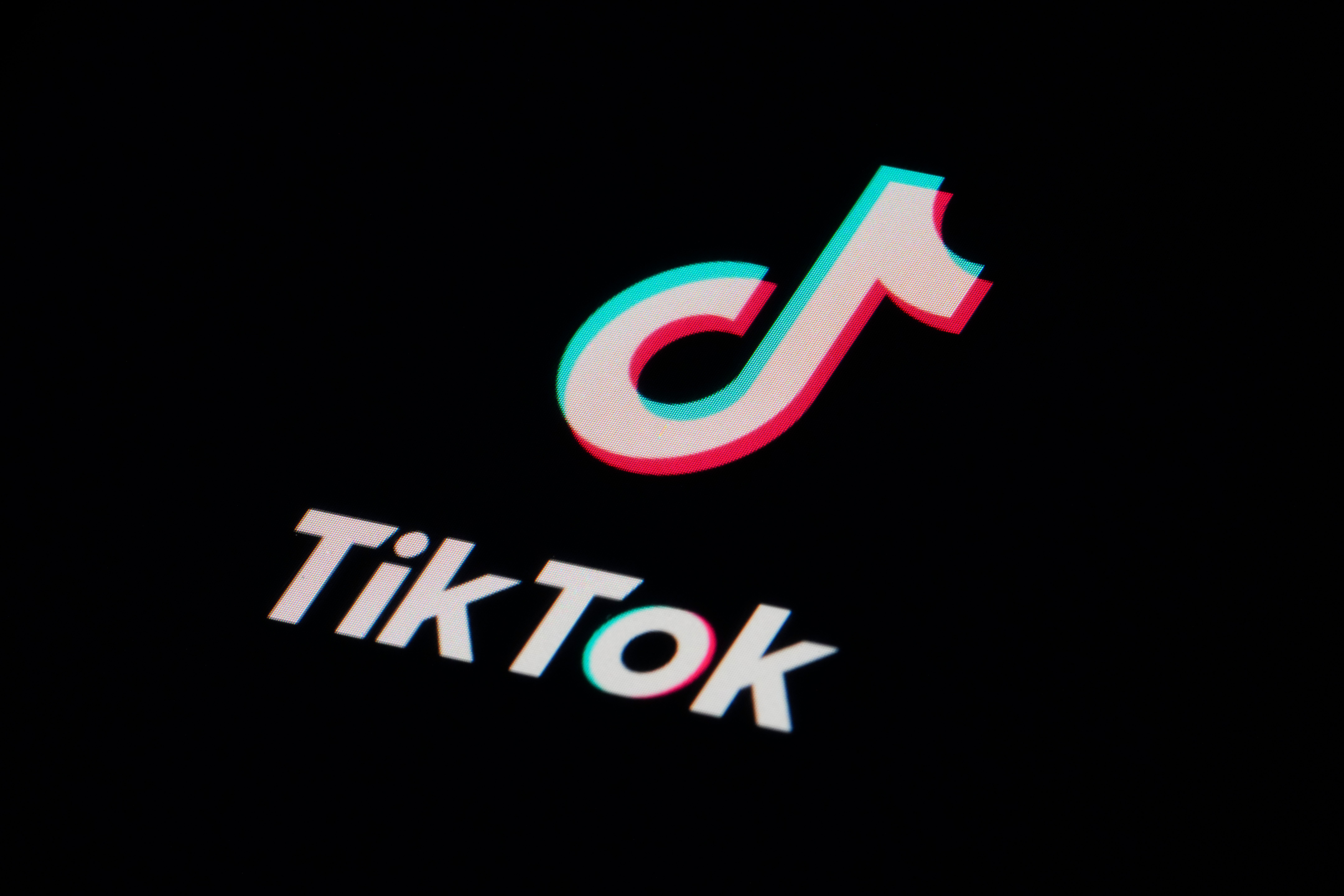Montana gov seeks to expand TikTok ban to other social apps
Montana’s governor is asking lawmakers to expand the state’s proposed TikTok ban to more social media companies that provide certain data to foreign adversaries

Your support helps us to tell the story
From reproductive rights to climate change to Big Tech, The Independent is on the ground when the story is developing. Whether it's investigating the financials of Elon Musk's pro-Trump PAC or producing our latest documentary, 'The A Word', which shines a light on the American women fighting for reproductive rights, we know how important it is to parse out the facts from the messaging.
At such a critical moment in US history, we need reporters on the ground. Your donation allows us to keep sending journalists to speak to both sides of the story.
The Independent is trusted by Americans across the entire political spectrum. And unlike many other quality news outlets, we choose not to lock Americans out of our reporting and analysis with paywalls. We believe quality journalism should be available to everyone, paid for by those who can afford it.
Your support makes all the difference.Montana’s governor is asking lawmakers to expand the state’s proposed TikTok ban to more social media companies that provide certain data to foreign adversaries.
Earlier this month, state lawmakers passed a bill that would make Montana the first state in the U.S. with a total ban on the popular social media platform. That would go much further than similar bans already in place in many other states and the federal government that bar the use of TikTok on government-issued devices.
Similar to many national lawmakers and government officials, proponents of the law in Montana have claimed the Chinese government could harvest U.S. user data from TikTok and use the platform to push pro-Beijing misinformation or messages to the public. TikTok, which is owned by the Chinese tech giant ByteDance, has said it has never been asked to hand over its data, and has been vigorously opposing the legislation.
Under the recently-passed bill, downloading TikTok would be illegal in Montana. And any “entity” — an app store or TikTok — would be fined $10,000 a day for each time someone accesses TikTok, “is offered the ability” to access the platform or downloads the app.
But enforcing the ban is expected to be challenging. Tech experts say there’s nothing incentivizing the companies that would be liable for violation, such as app store leaders Apple and Google, as well as TikTok, to comply. And any enforcement measures could also be bypassed using a VPN, which can alter IP addresses and allows users to evade content restrictions.
The legislation was also expected to face legal hurdles on First Amendment grounds as well as “bills of attainder” laws prohibiting the government from imposing a punishment on a specific entity without a formal trial. A spokesperson for Republican Montana Gov. Greg Gianforte said the amendment offered by the governor’s office sought to deal with some of the concerns raised with the original bill.
“The amendment for consideration seeks to improve the bill by broadening Montanans’ privacy protections beyond just TikTok and against all foreign adversaries, while also addressing the bill’s technical and legal concerns,” Kaitlin Price, the governor’s press secretary, said in a statement.
The Wall Street Journal first reported on the amendment.
TikTok did not immediately respond to a request for comment. But a representative for NetChoice, a trade group that counts Google and TikTok as its members, said in a statement that the bill is still misguided.
“Once again, focusing on the country of origin is still the wrong approach. This whole issue distracts us from the real threats happening around us all the time,” said Carl Szabo, the vice president and general counsel for the group.
“If we truly care about protecting all Americans online, Congress needs to work on a federal data privacy law that preempts state law, among other components," Szabo said. "That’s hard work, but that is what needs to be done.”
Lawmakers would have to approve the governor's amendment before the legislative session ends in early May.